Tuyu Zheng, PhD
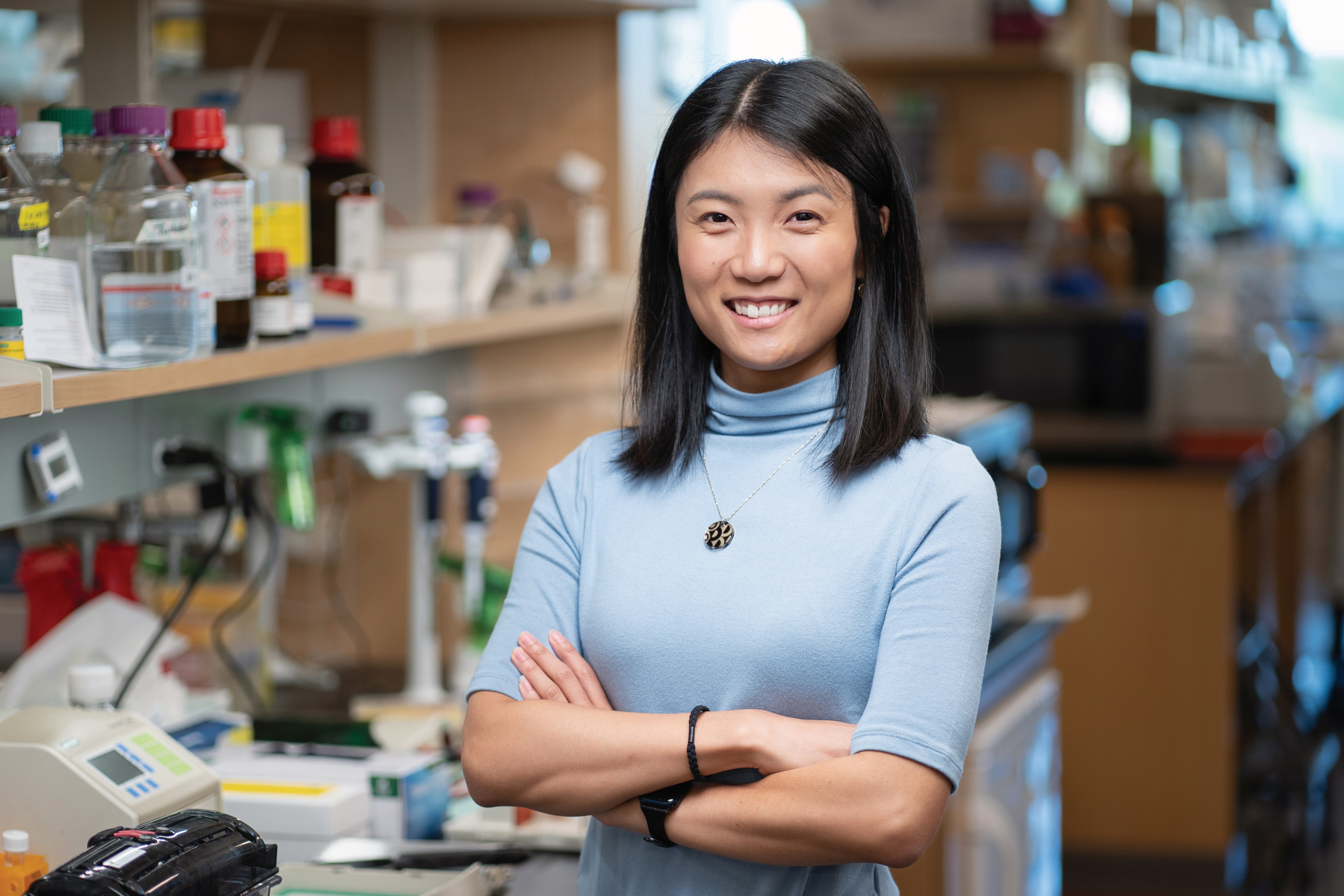
Ependymomas (EPN) are aggressive brain and spinal cord tumors that are especially difficult to treat in children and often come back after treatment. Recent research has shown that interactions between tumor cells and healthy neurons play a key role in EPN growth. It is not well understood, however, how exactly neurons contribute to this process. By mapping the neuronal environment and exploring the different types of neurons involved, Dr. Zheng hopes to uncover the mechanisms that drive EPN growth and find new ways to treat these tumors. Dr. Zheng received his PhD from Heidelberg University, Heidelberg, his MEng and MSc from University of Technology of Compiègne, Compiègne, and his BEng from Shanghai University, Shanghai.
Oriana Miltiadous, MD
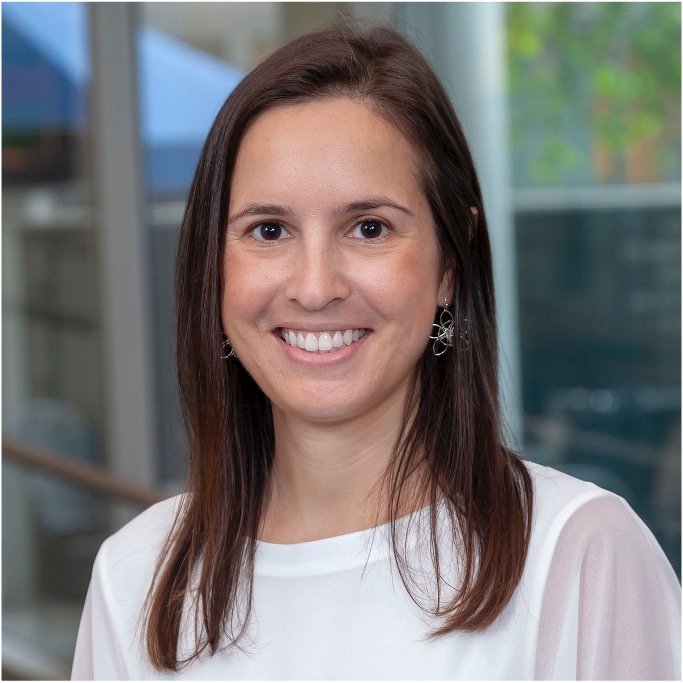
Dr. Miltiadous is investigating how the gut microbiome affects the immune system in children undergoing a cancer treatment called allogeneic hematopoietic cell transplantation (allo-HCT), which is often used for aggressive pediatric cancers like leukemia and lymphoma. While it can be life-saving, allo-HCT can also induce complications caused by immune overactivation, including graft-versus-host disease. Molecules called bile acids, produced with the help of gut microbes, help balance the immune response, reducing harmful inflammation and improving recovery. By identifying specific gut microbes and bile acids that support immune function, Dr. Miltiadous aims to reduce complications, improve survival rates, and enhance the quality of life for children receiving allo-HCT. By analyzing a cohort of over 400 patients, she seeks to uncover actionable insights that could lead to new therapies targeting the gut microbiome. Dr. Miltiadous received her MD from University of Athens Medical School, Athens.
Mohammad Balood, PhD
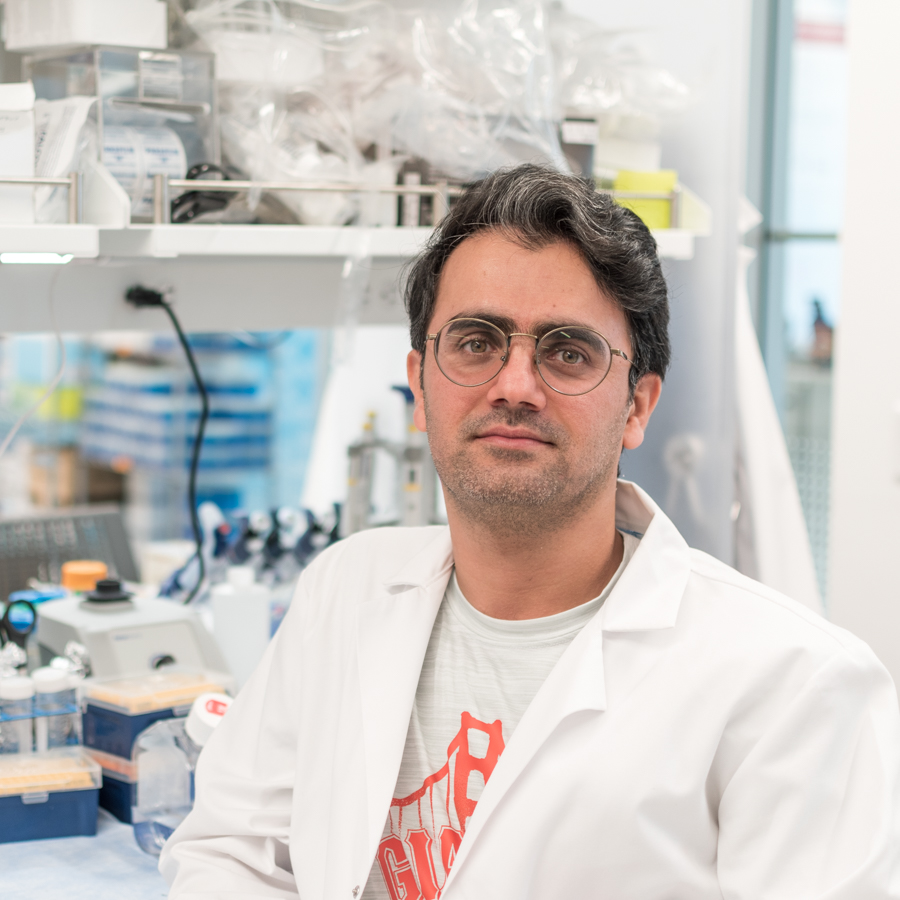
One of the persistent challenges in treating high-risk pediatric leukemia, particularly in cases of acute megakaryoblastic leukemia (AMKL), is the high incidence of relapse due to resistance to standard treatments such as chemotherapy and bone marrow transplantation. T cell therapy has shown potential in treating various types of leukemia, offering the prospect of overcoming mechanisms that tumor cells employ to evade traditional therapies. However, a significant challenge in T cell therapy for AMKL lies in identifying T cells that are able to recognize and target leukemia cells specifically. Dr. Balood’s research is dedicated to advancing T cell therapy for AMKL. He plans to test and identify T cell clones that specifically recognize and eliminate leukemia cells with the goal of translating these findings into an effective T cell therapy with minimal toxicity in leukemia patients. Dr. Balood received his PhD from University of Montreal School of Medicine, Montreal, his MS from Tarbiat Modares University School of Medicine, Tehran, and his BS from Shahid Chamran University of Ahvaz, Ahvaz.
Matthew Decker, MD, PhD
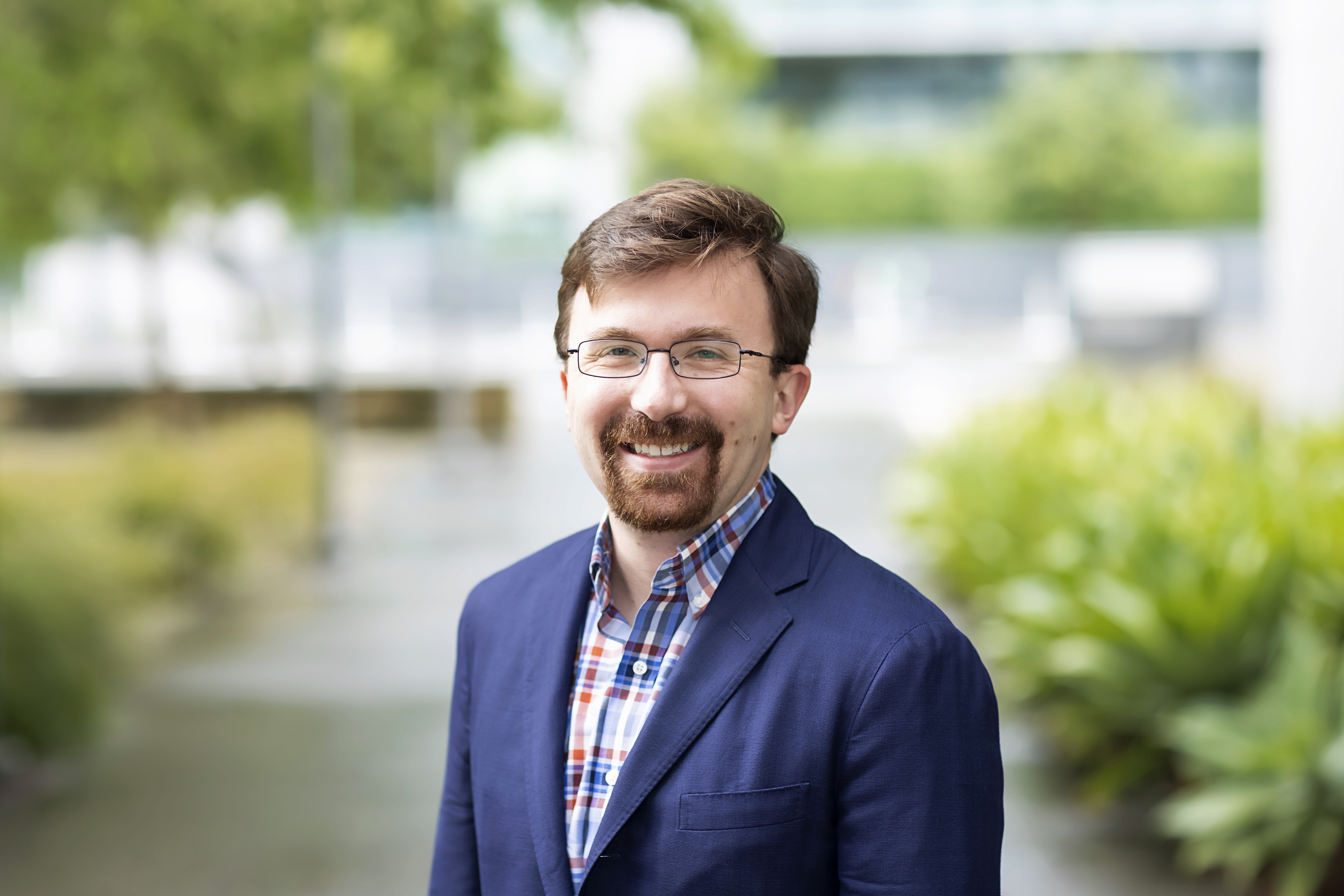
Acute myeloid leukemia (AML) is hard to cure compared to other childhood leukemias and lymphomas. Current standard-of-care AML treatment is very toxic; childhood AML survivors often have side effects later in life from their treatment, including heart disease, infertility, and additional cancers. There is a pressing need for new AML treatments that are less toxic and more effective. Dr. Decker’s research is focused on developing novel inhibitors of a protein called N-Ras, one of the most common mutations in pediatric AML. Dr. Decker hopes by disrupting N-Ras function to sensitize AML to existing therapies and improve outcomes for patients. Dr. Decker received his MD and PhD from Columbia University, New York and his BS from Stanford University, Stanford.
Lara Wahlster, MD, PhD
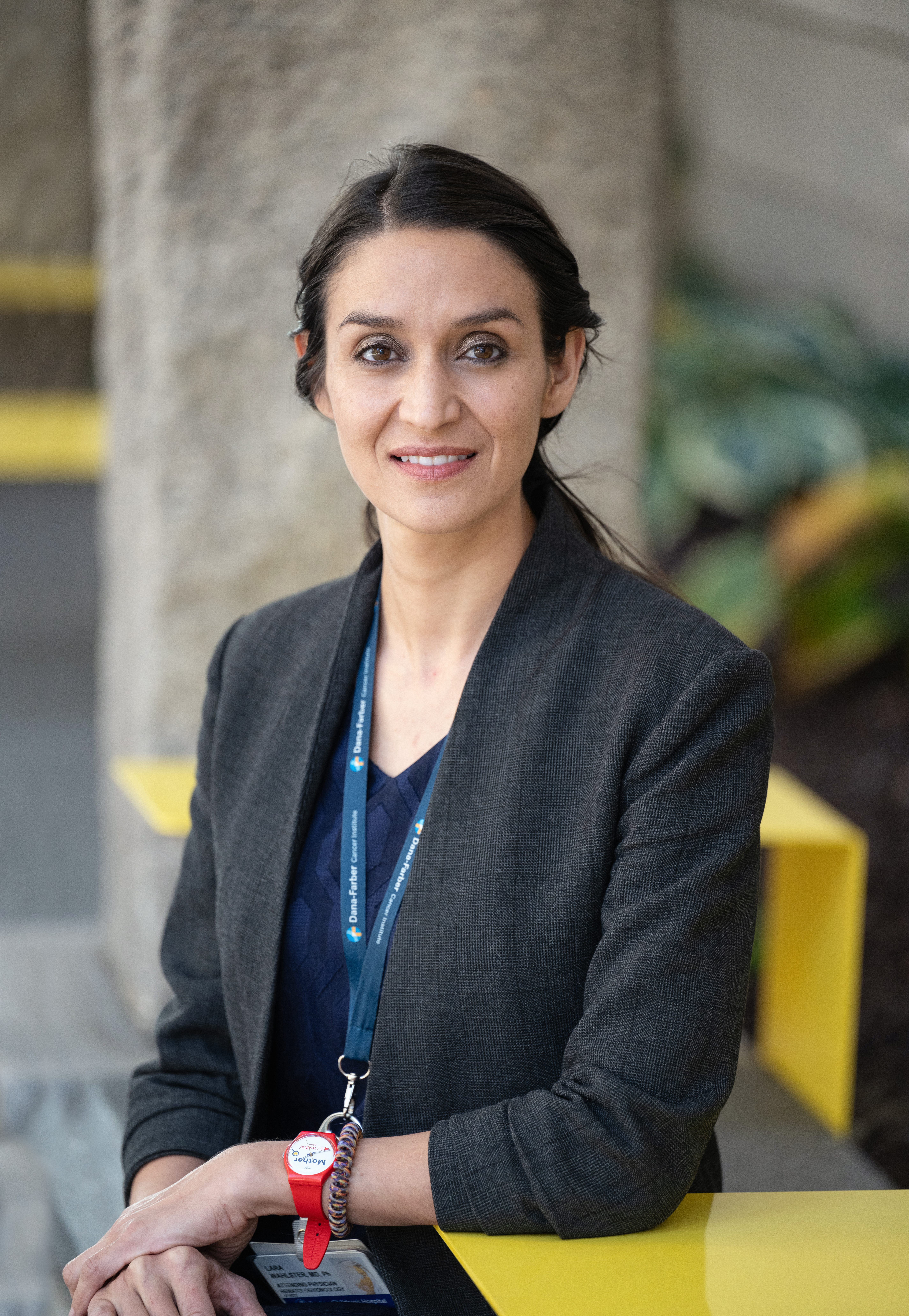
Dr. Wahlster is studying the developmental origins of acute lymphoblastic leukemia (ALL), the most common childhood cancer and leading cause of death in children. The goal of Dr. Wahlster’s research is to understand the biological processes that drive blood cancer development. Applying innovative genomic tools, her work seeks to decipher how cancer-predisposing genetic variants impact early blood cell development and facilitate the acquisition of secondary genetic changes found in ALL. She aims to leverage these insights to guide the development of novel, mechanism-based treatments. Dr. Wahlster earned her MD and PhD from the University of Heidelberg, Heidelberg.
James J. Morrow, MD, PhD
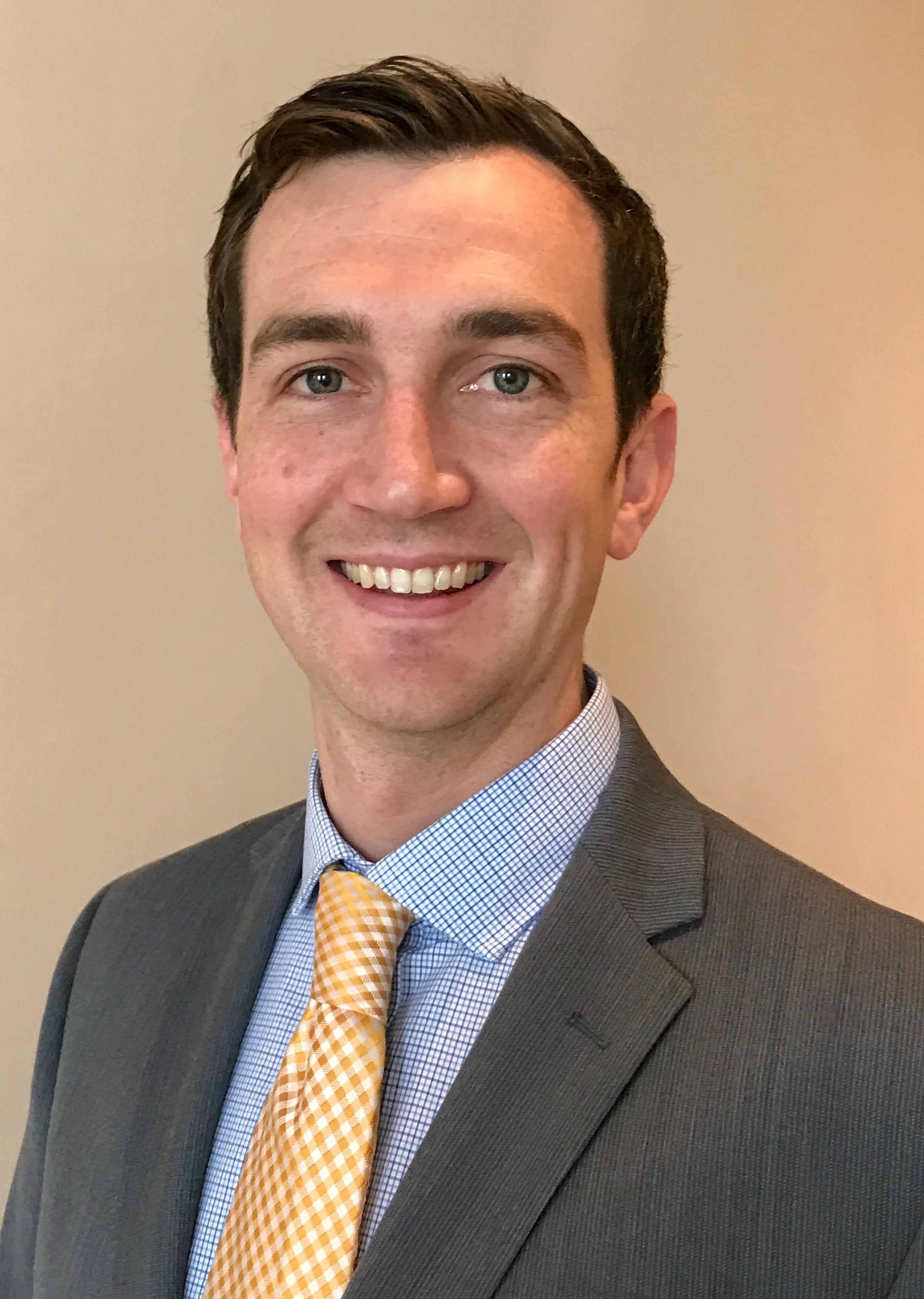
Osteosarcoma is the most common bone tumor and primarily affects children and adolescents. Unfortunately, treatment approaches and outcomes for osteosarcoma patients have not significantly improved for 40 years. Dr. Morrow’s work is focused on understanding normal bone development and how this development goes awry, giving rise to osteosarcoma. He hopes this improved understanding will lead to new treatment approaches for pediatric osteosarcoma patients. Dr. Morrow received his MD and PhD from Case Western Reserve University School of Medicine, Cleveland and his BS from The Pennsylvania State University, State College.
Ian Blumenthal, PhD
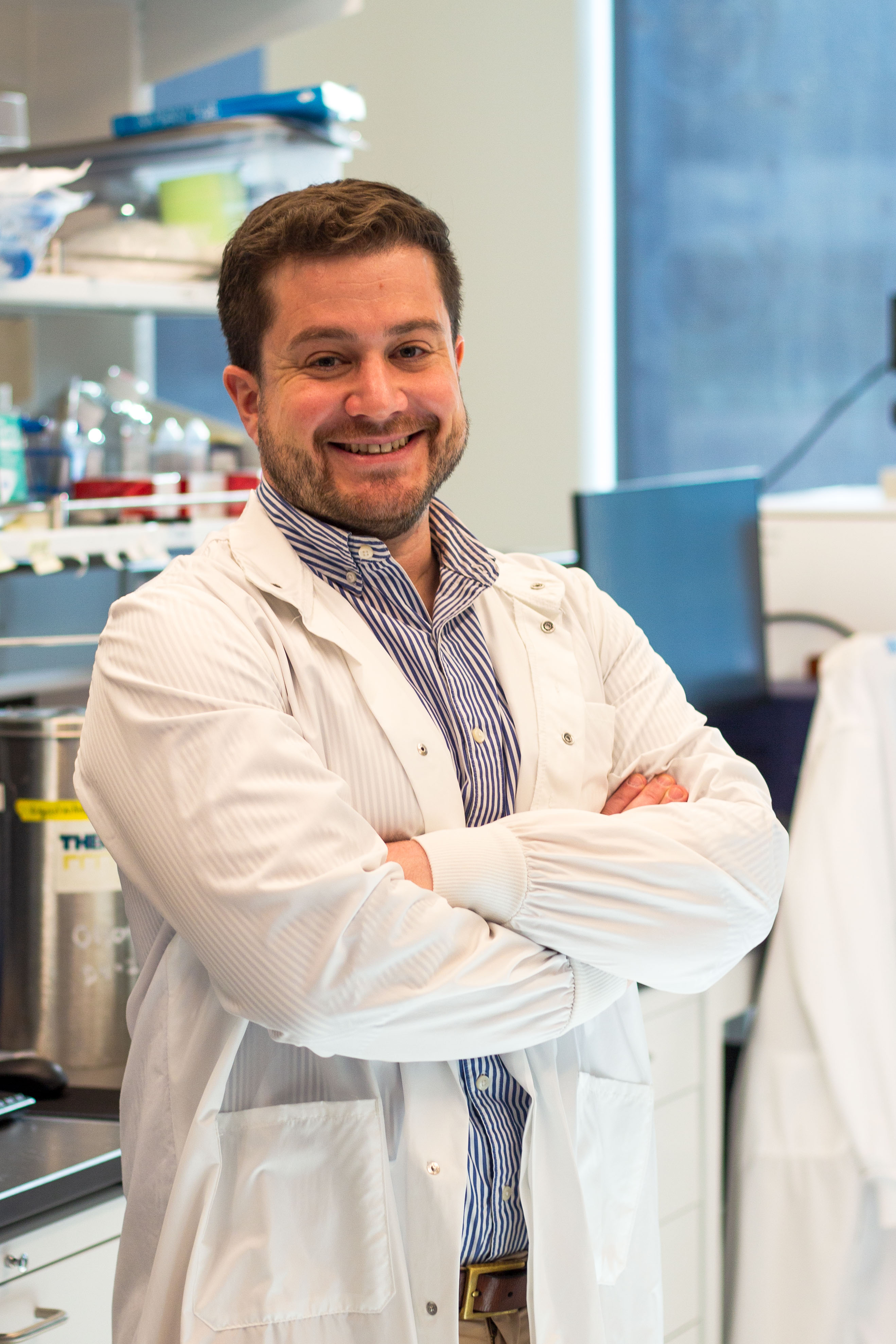
Diffuse midline gliomas (DMG) are uniformly fatal pediatric brain cancers in desperate need of novel treatments. Immunotherapies have offered some hope to patients, but durable clinical success remains elusive, highlighting the enormous challenge of selectively targeting these recalcitrant tumors while preserving healthy tissue. Dr. Blumenthal aims to address this need by building immune cell engagers—molecules that enable a patient’s immune cells to recognize and attack their tumor—that are capable of leveraging DMG’s inherent variability and immune defense mechanisms into a therapeutic advantage. He hopes that these innovative drug designs will not only provide superior efficacy against pediatric gliomas but also pave the way for next-generation immunotherapies that better address the dynamic nature of tumor biology. Dr. Blumenthal received his PhD from the University of Washington, Seattle and his BA and BE from Dartmouth College, Hanover.
Geoffrey A. Smith, MD, PhD
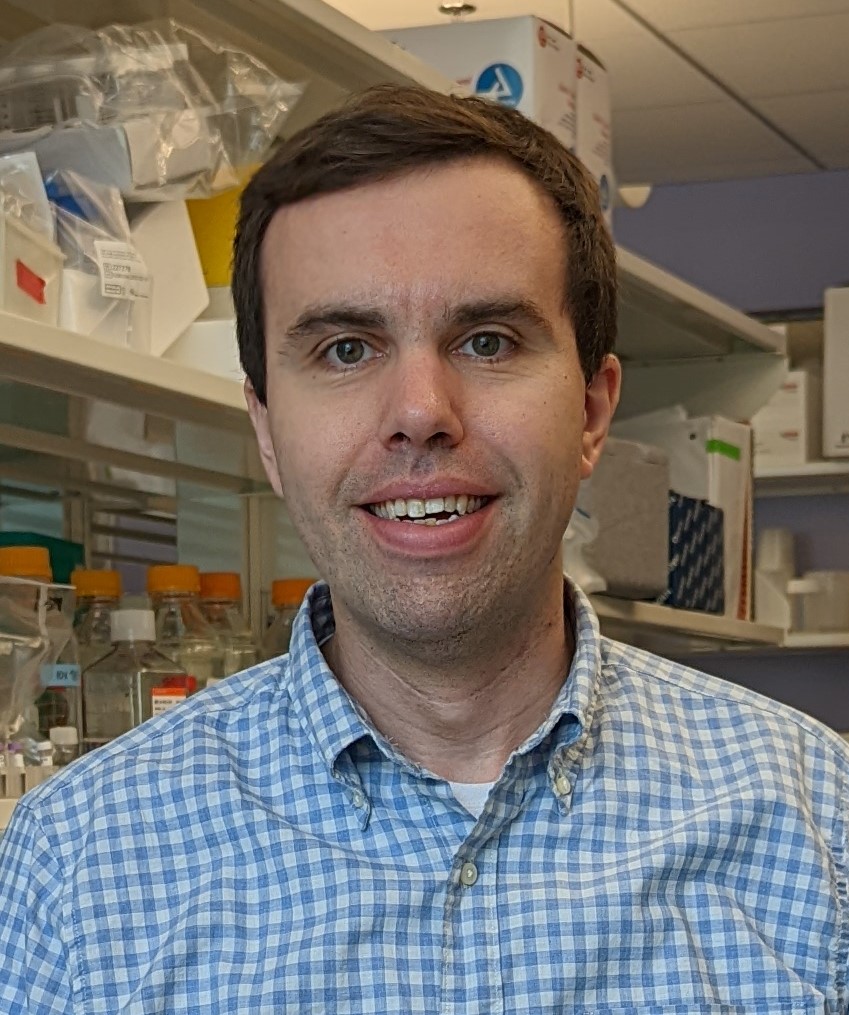
In the past decade, new therapies that train the immune system to recognize and kill tumor cells have revolutionized cancer care. Unfortunately, immunotherapies have been largely ineffective in pediatric solid tumors, including osteosarcoma, the most common bone cancer. Dr. Smith aims to understand why immunotherapies have failed by studying a mouse model closely resembling human osteosarcoma. Importantly, these mice have an intact immune system, unlike models that transplant human tumors into mice. By combining complex modeling with single cell and spatial techniques, Dr. Smith hopes to uncover barriers to immune control of osteosarcoma and identify potential therapeutic approaches. Based on these findings, he plans to test novel immunotherapies in the mouse model to prepare for the next generation of osteosarcoma human clinical trials. Dr. Smith received his MD and PhD from the University of California, San Francisco and his BA from Harvard College, Cambridge.
Costanza Lo Cascio, PhD
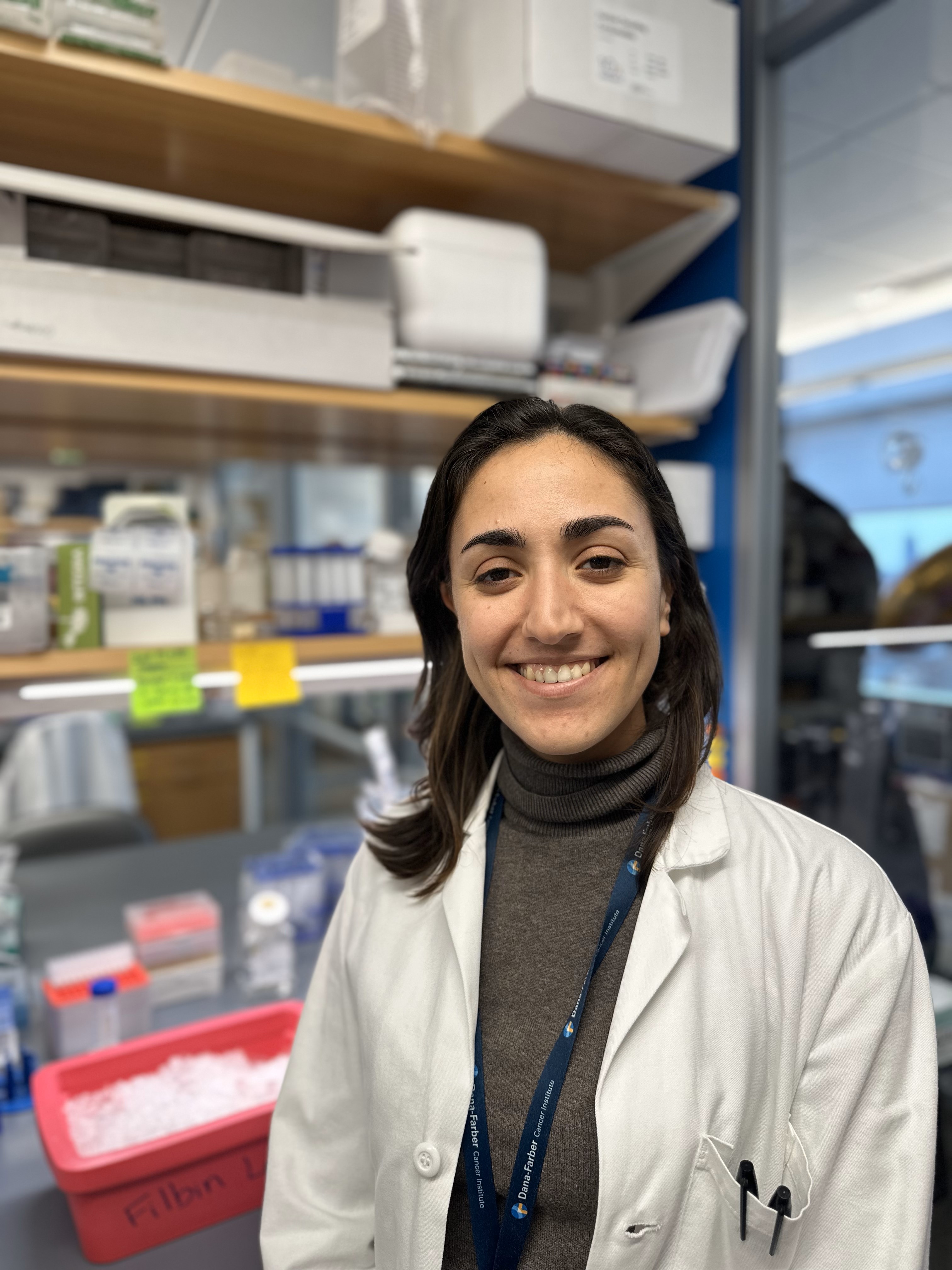
Pediatric diffuse midline gliomas (DMG) are incurable brain cancers with no long-term survivors. To date, radiation therapy remains the standard of care but improves survival by only a few months. Despite intense research efforts over the past four decades, there is still a lack of mechanistic understanding of the biology underlying DMG radioresistance. Dr. Lo Cascio is studying how DMG tumors exploit interactions with surrounding normal neurons to survive radiation-induced cell death. While there is ample evidence that communication between neurons and DMG cells is critical to fuel tumor growth, whether this neuron-glioma crosstalk contributes to treatment failure is unknown. Dr. Lo Cascio hopes by pushing the boundaries of our knowledge of the neuron-glioma intercellular dialogue, she can identify resistance mechanisms that can be targeted to sensitize these lethal tumors to radiation therapy. Dr. Lo Cascio received her PhD from Arizona State University, Tempe and her BS from University of Bath, Bath.
April A. Apfelbaum, PhD
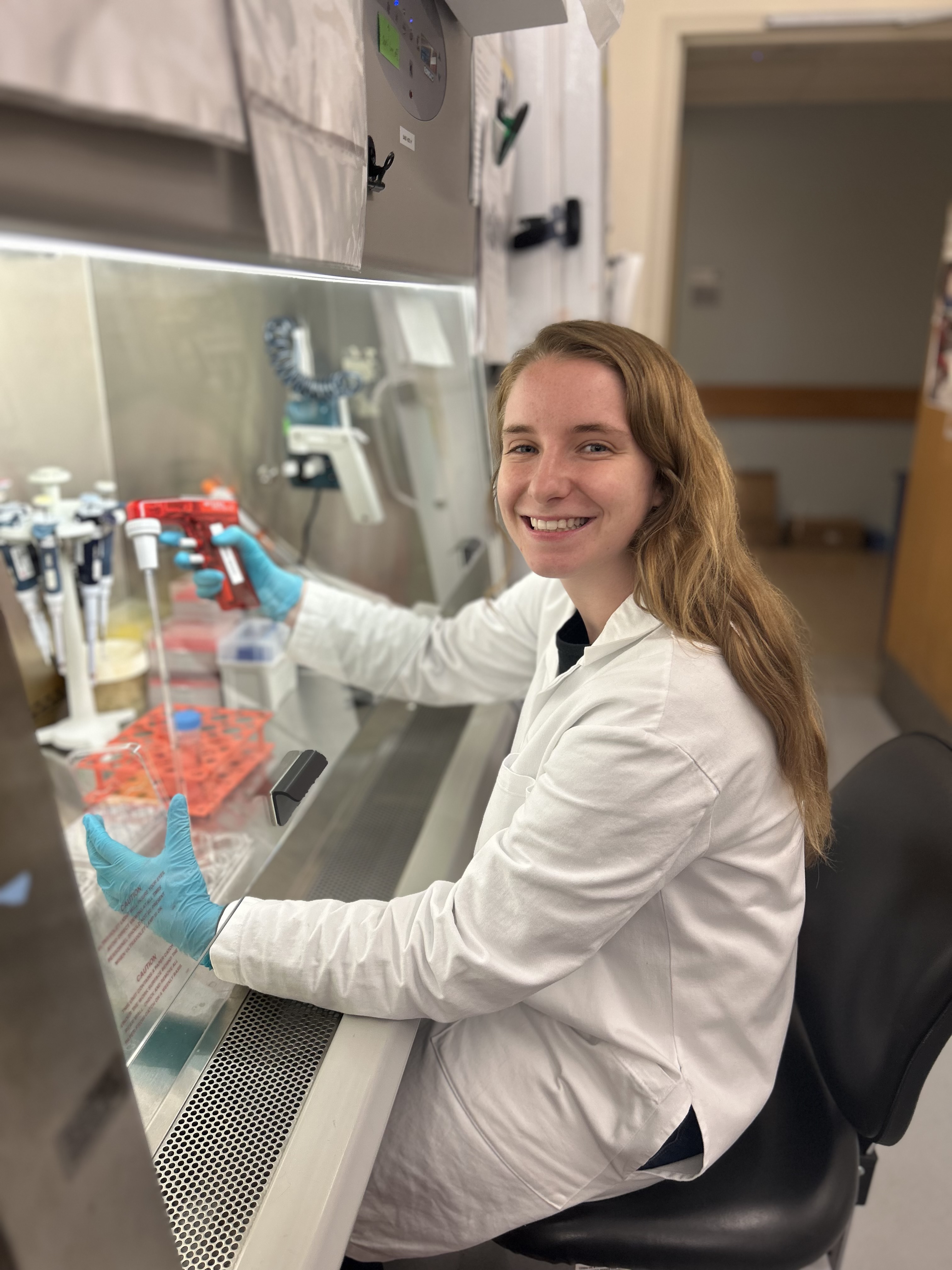
Brain cancers are the leading cause of cancer-related deaths in children. A significant percentage of these tumors are classified as gliomas—diseases for which new therapies are desperately needed. A protein called tyrosine kinase FGFR1 is altered in 10% of pediatric gliomas. Dr. Apfelbaum aims to investigate critical genes in FGFR1-altered pediatric gliomas to understand the biological mechanisms driving these cancers. Her research hopes to uncover new therapeutic targets and mechanisms of FGFR1-mediated oncogenesis in pediatric gliomas, but since FGFR1 is commonly altered in many tumors, her findings may reveal a common oncogenic mechanism. Dr. Apfelbaum received her PhD from University of Michigan, Ann Arbor and her BS from Beloit College, Beloit.
Philip T. Pauerstein, MD, PhD
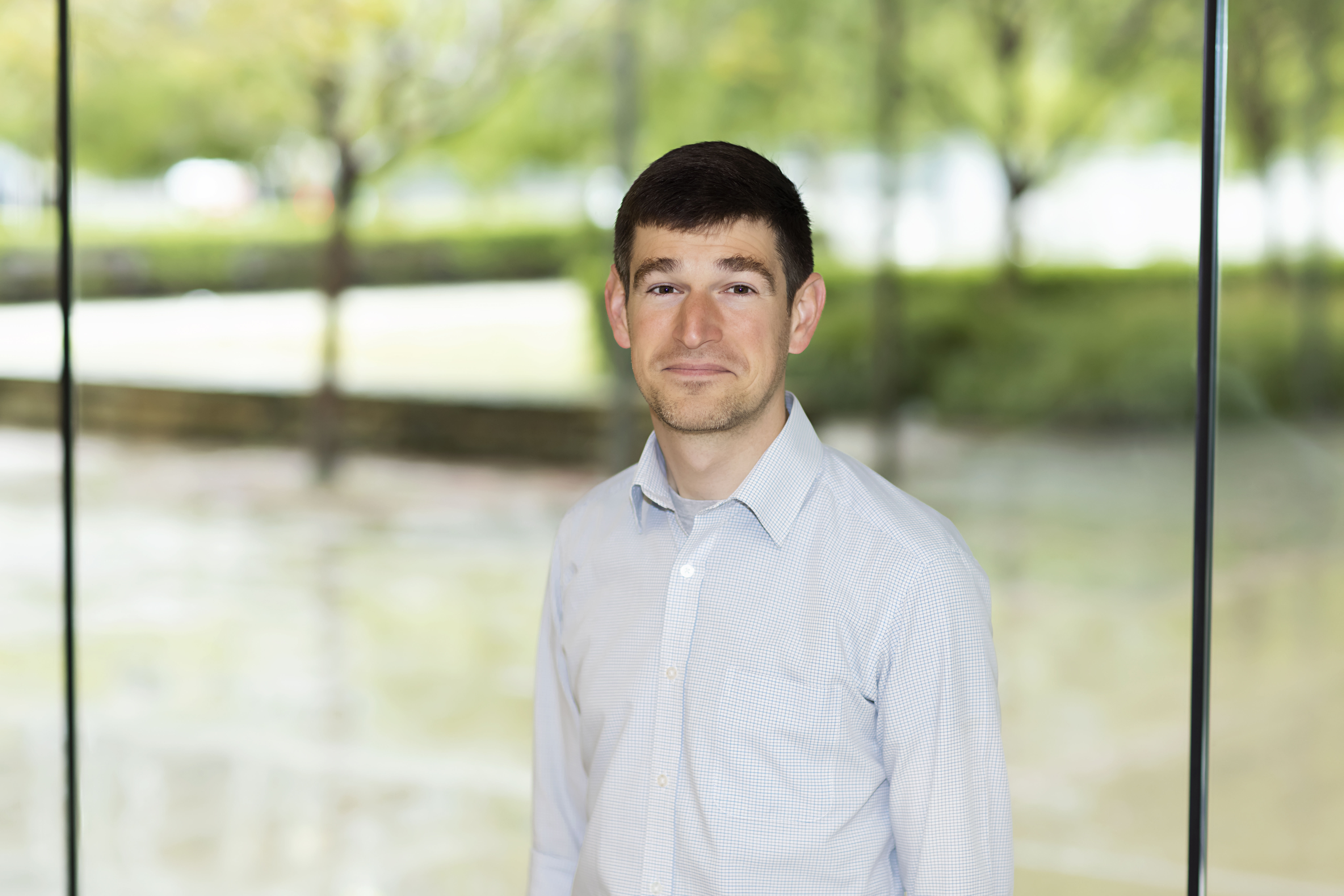
Leukemia is a cancer of the immune system and is a major cause of death from cancer in children and young adults. Chimeric antigen receptor (CAR) T cell therapy, which involves genetic engineering of a cancer patient’s own immune system cells to fight cancer, has demonstrated curative potential. Despite excellent initial responses to treatment, however, leukemia recurs in up to half of pediatric leukemia patients after CAR T treatment. A major cause of treatment failure is that CAR T cells do not attach to cancer cells as strongly as natural T cells do to their targets, and this limits their ability to find and kill cancer cells. Dr. Pauerstein’s research is attempting to improve CAR T cell sensitivity to cancer cells using synthetic cell adhesion molecules, a type of molecular glue between two cells. Engineering adhesion into CAR T cells should build a synthetic immune synapse that can help improve cell-based treatments for leukemia and eventually other cancers. Dr. Pauerstein received his MD, PhD from Stanford University, Stanford and his BA from Rice University, Houston.
